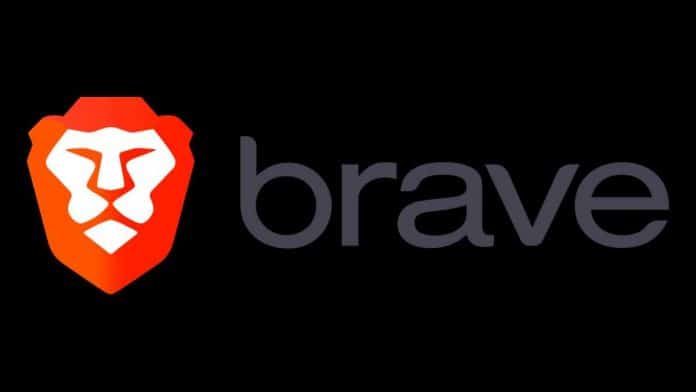After browsers like Chrome, Firefox, etc are being blamed for collecting several identifiable user data, Brave emerged as a new browser that’s more privacy-centric and with the new revenue model. Brave blocks ads, scripts, and trackers by default and even reward users with their native cryptocurrency for clicking on their suggested ads.
Findings and Apologies
While this model gained popularity in the crypto community, a new finding from a Twitter user, Yannick Eich revealed that Brave creators are cashing by tuning certain domain searches into affiliate links! This was told by him as, So when you are using the @brave browser and type in “binance[.]us” you end up getting redirected to “binance[.]us/en?ref=35089877”.
— Cryptonator1337 (@cryptonator1337) June 6, 2020 This raged the community for being informant on such affiliate earnings. Though Brendan Eich, JavaScript founder and co-founder of Brave jumped in to explain things, it’s already late. People lashed him for the mistake and blamed for not informing them. Brendan tried explaining as “It’s not great, and sorry again. I’m sad about it, too. We made a mistake, we’re correcting: Brave default autocompletes verbatim ‘http://binance.us’ in the address bar to add an affiliate code.”
— BrendanEich (@BrendanEich) June 6, 2020 Barve and Binance have struck a deal to promote its trading platform through its browser. This is by Brave adding a Binance widget on its browser homepage to let users trade cryptocurrencies easily. While this deal was limited to a widget, Brave has been adding its affiliate URL to the domain searches, which raged the community. Further, when dug into its code on GitHub, it was also found to be doing the same with Ledger, Trezor, and Coinbase platforms too! Via: ZDNet

